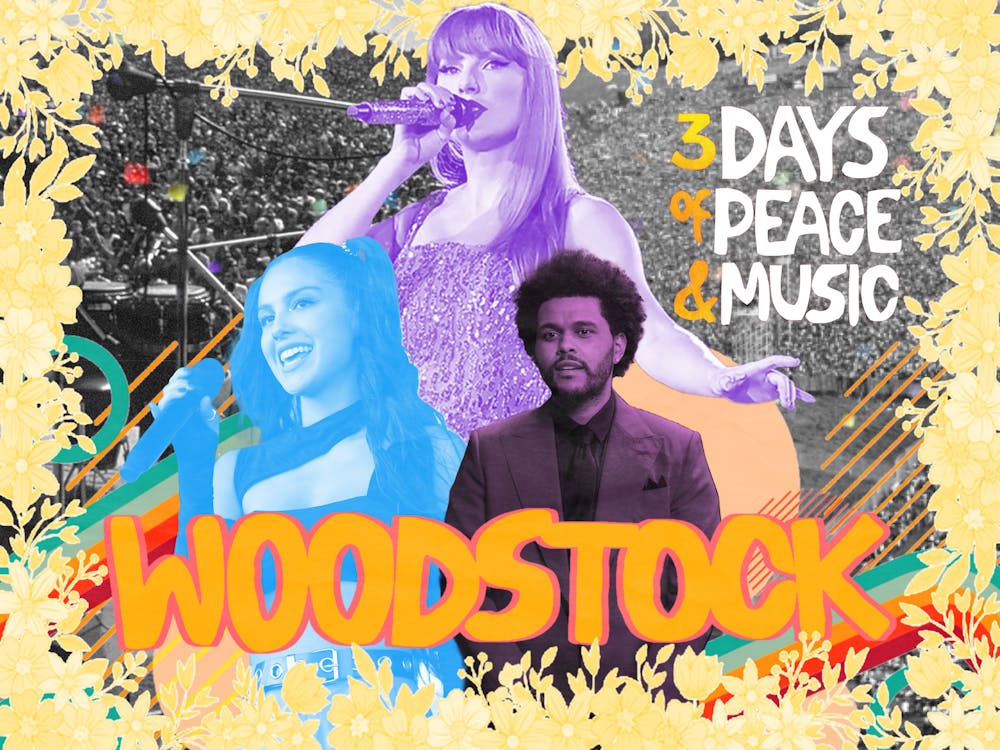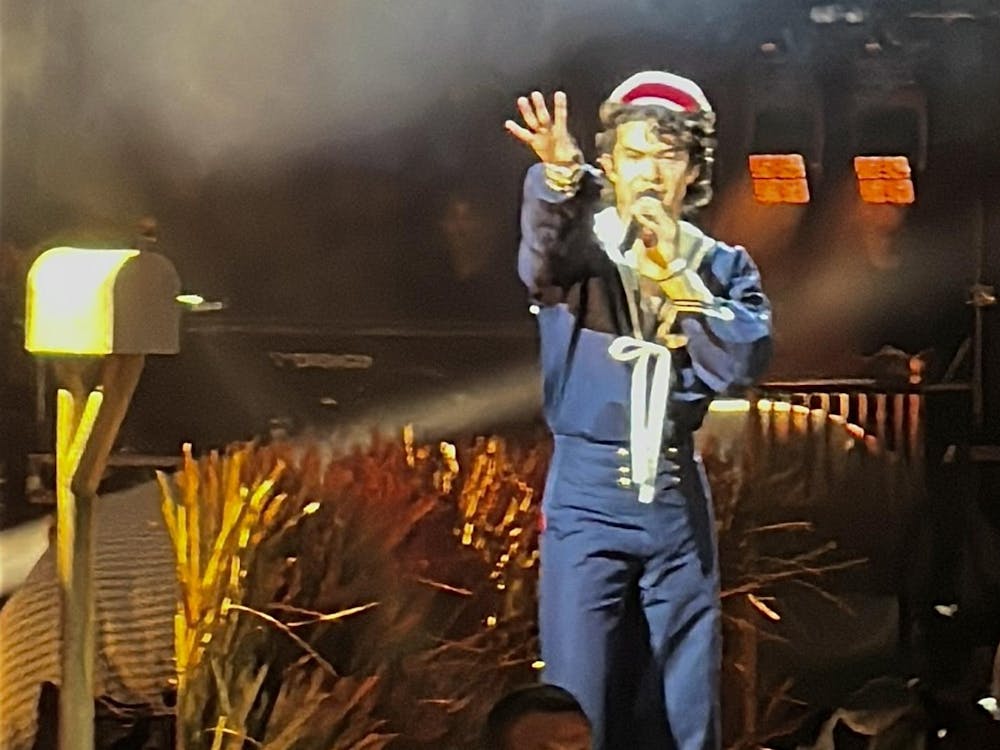Popular culture is an entity that is continuously evolving as time goes on. Music has a tremendous influence on culture, and they often change together.
When we reflect on influential moments in musical culture, our minds first travel back to early 20th-century music. Or, back to arguably the most iconic period of music history: the 1960s. This is when society began its transition from traditional purity culture into an age of rock, free thinking and revolution.
By the end of this decade, a new cultural practice of music festivals was born. Woodstock 1969 was a memorable part of music’s past. It was described as “three days of peace and music.” Woodstock was a celebration of music; it brought people together under a peaceful cause. This festival defined music and peace for an entire generation.
By the 1990s, music culture had evolved into a different being. Hip-hop was born, and rap culture was prominent. While the scene was different, this music was still an integral part of society and the most celebrated form of art.
In 1999, the recreation of Woodstock took place. It was intended to be similar to the first Woodstock, just with a new era of music. However, Woodstock ’99 ended in utter devastation. Riots broke out, and with over 400,000 people in attendance, chaos ensued. The conditions of this festival were also hazardous — there were heaps of trash everywhere, almost no access to clean water and the New York State Department of Health reported over 5,126 medical cases over the weekend. It’s safe to say Woodstock ’99 did not exactly replicate the “festival of peace” the original event had coined.
While the unfortunate turn of events could be blamed on poor coordination by the event facilitators, the change in music culture also played a definite part. At this time, music had begun to take on a more violent tone, and gang culture was on the rise. The change in culture from the late 1960s to the late 1990s was heavily influenced by this shift in genre, and led to the difference between each Woodstock.
Now, what if someone organized a modern Woodstock in 2025? There is no doubt that music culture has shifted tremendously from the 1990s to today. The rise of pop music has taken over, and social media has also changed the mainstream music industry. For example, TikTok has allowed underground artists to have unimaginable opportunities. It has also brought new genres to light, such as “bedroom pop.” There has been a decline in punk genres, and while rap is still popular, its societal impact is not as prominent.
If Woodstock were to occur again today, it likely would not reach the level of violence Woodstock ’99 did. Music festivals are more popular today, and though they do not reach the groundbreaking levels Woodstock did, they are still executed well. Events like Coachella or Lollapalooza happen yearly. The culture of music today is calmer, and with social media, people can connect more and have more common ground which would decrease the basis for arguments and violence.
Overall, today’s music scene would warrant a well-executed and friendly Woodstock, and it has the potential to become an iconic moment of our new generation.




